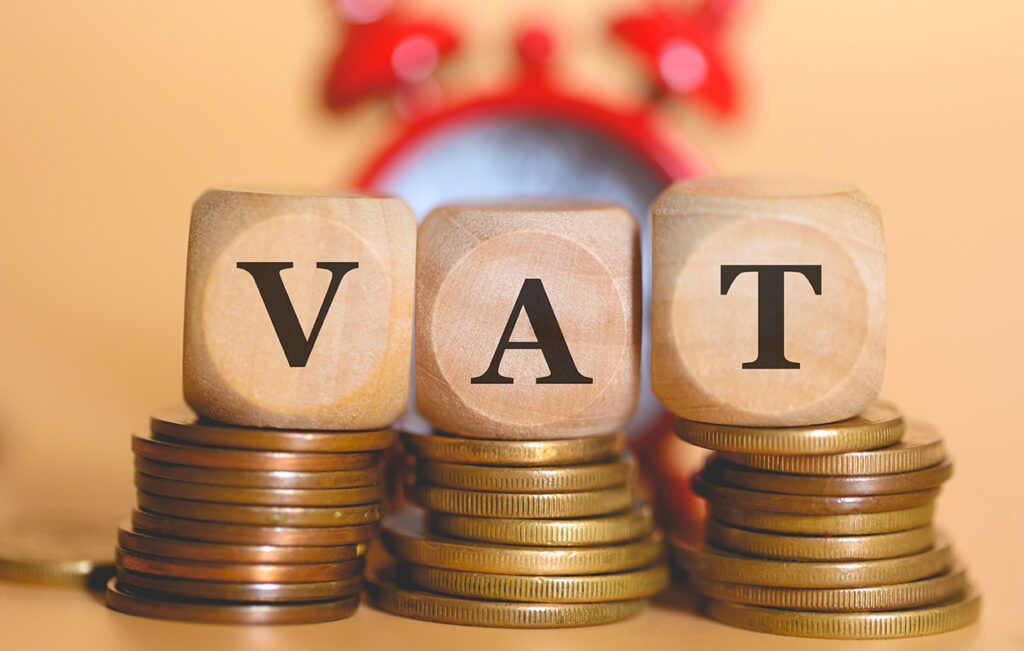A quick guide to the present and future of VAT in the ground transport industry
What actually is VAT?
In simple terms, it’s a tax added to most products and services sold by VAT-registered businesses. It brings obligations that include keeping records, reporting to HMRC, and paying any VAT owed.
Businesses with a taxable turnover over £85k must register for VAT, but those with lower numbers can do so as well (if they choose).
If you decide to register for VAT, you are responsible for:
- Including VAT in the price of all goods and services that you sell.
- Keeping a record of how much VAT you pay for things you buy for your business.
- Submitting a VAT return to HM Revenue and Customs on a quarterly basis (every 3 months). This contains the amount of VAT you charged your customers and the amount of VAT you paid to other businesses.
- You guessed it – paying any VAT you owe to HMRC.
There are also specialist VAT schemes which are suited to different kinds of businesses such Flat Rate or Cash Accounting.
Now a few words by private-hire financial expert Gary Jacobs……
VAT in the passenger transport industry, what taxi and private hire drivers need to know
If you’ve read my writing anywhere else, you’ll know that there is a lot of debate at the moment concerning what is regarded as ‘’the service’ and what is and isn’t relevant to VAT.
The question surrounds whether VAT should be paid on the money that drivers are paid either directly or on behalf of the operator. There is also confusion about the commission that drivers pay the operator or the money operators charge corporate clients. There isn’t a clear, definite answer (yet).
The government are keeping a close eye on VAT in the UK, and have formed a working group to do research into passenger transport. They are attempting to simplify the system, which everyone agrees is a good thing. A big focus in their consultation and research is looking at VAT on fares and how account or corporate work fits into this.
How will Making Tax Digital (MTD) affect VAT?
Currently, VAT is paid by submitting a VAT return to HM Revenue and Customs every quarter. When MTD comes in, all tax returns (including limited company and self-assessment returns) will be submitted every month.
The first phase of MTD for VAT came into effect in April 2019, and it has already changed the way businesses submit their VAT tax returns. Under the new system, paper returns will no longer be accepted, businesses must use MTD-compatible software to file their returns.
The government believe this will reduce the risk of errors and improve the accuracy of VAT returns, as well as giving you real-time visibility of your business’s tax situation. MTD software can help businesses stay on top of their VAT obligations by providing automatic reminders for when returns are due.
We just hope that the government will provide enough assistance when the time comes to fully transition over to MTD. That being said, the early introduction of quarterly returns for VAT makes the transition easier for VAT than it will be for limited companies or self-assessment tax returns.
Deadlines to be aware of:
- 31st May 2023: Submission of Short Term Business Visitor annual report
- 5th July 2023: PAYE Settlement Agreement (PSA) application for 2022/23
- 6th July 2023: P11D Submission
- 6th July 2023: Employment related security 2022/23 annual returns
Find out why 96% of our customers have rated us 4 stars or higher by reading our reviews on Feefo.


